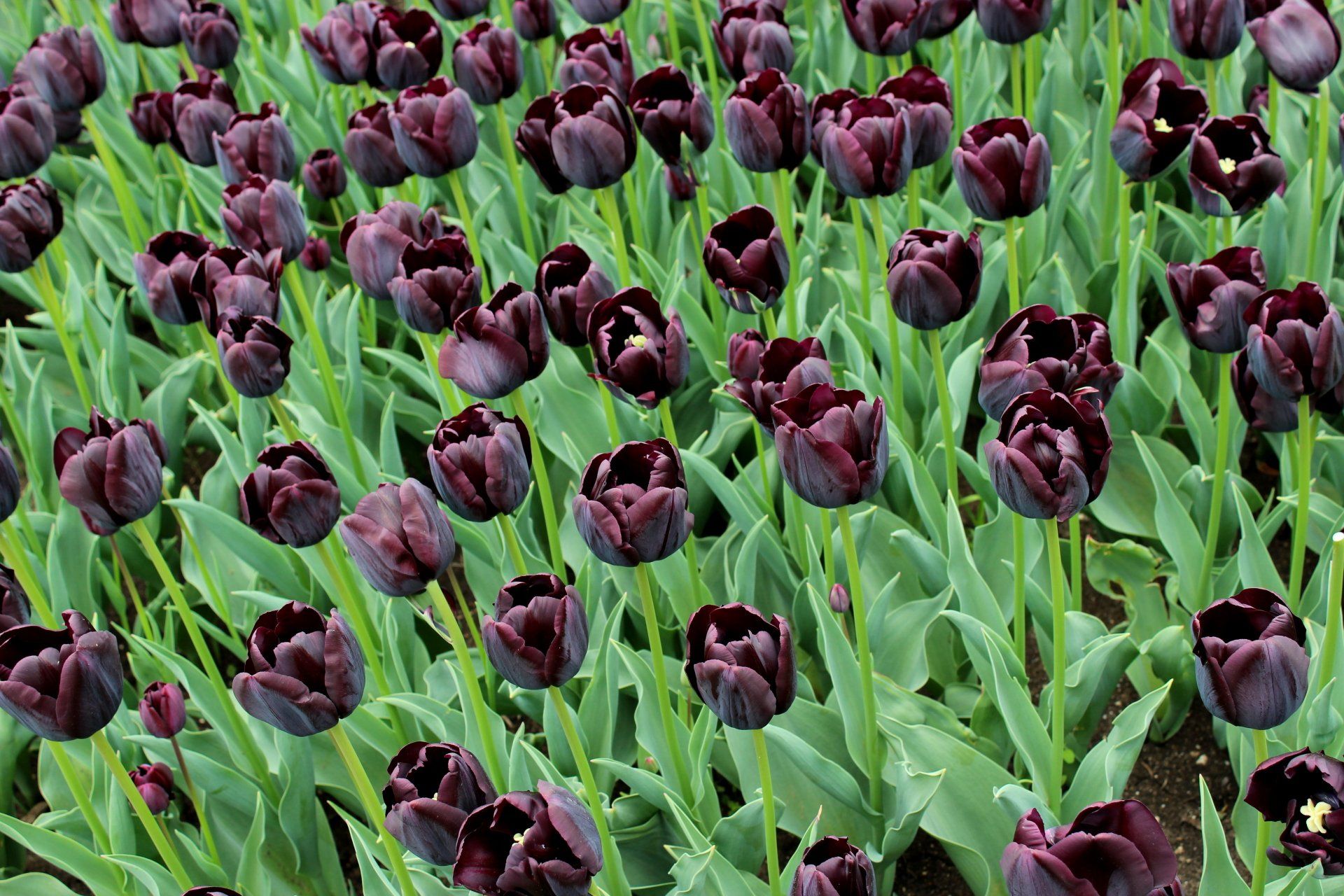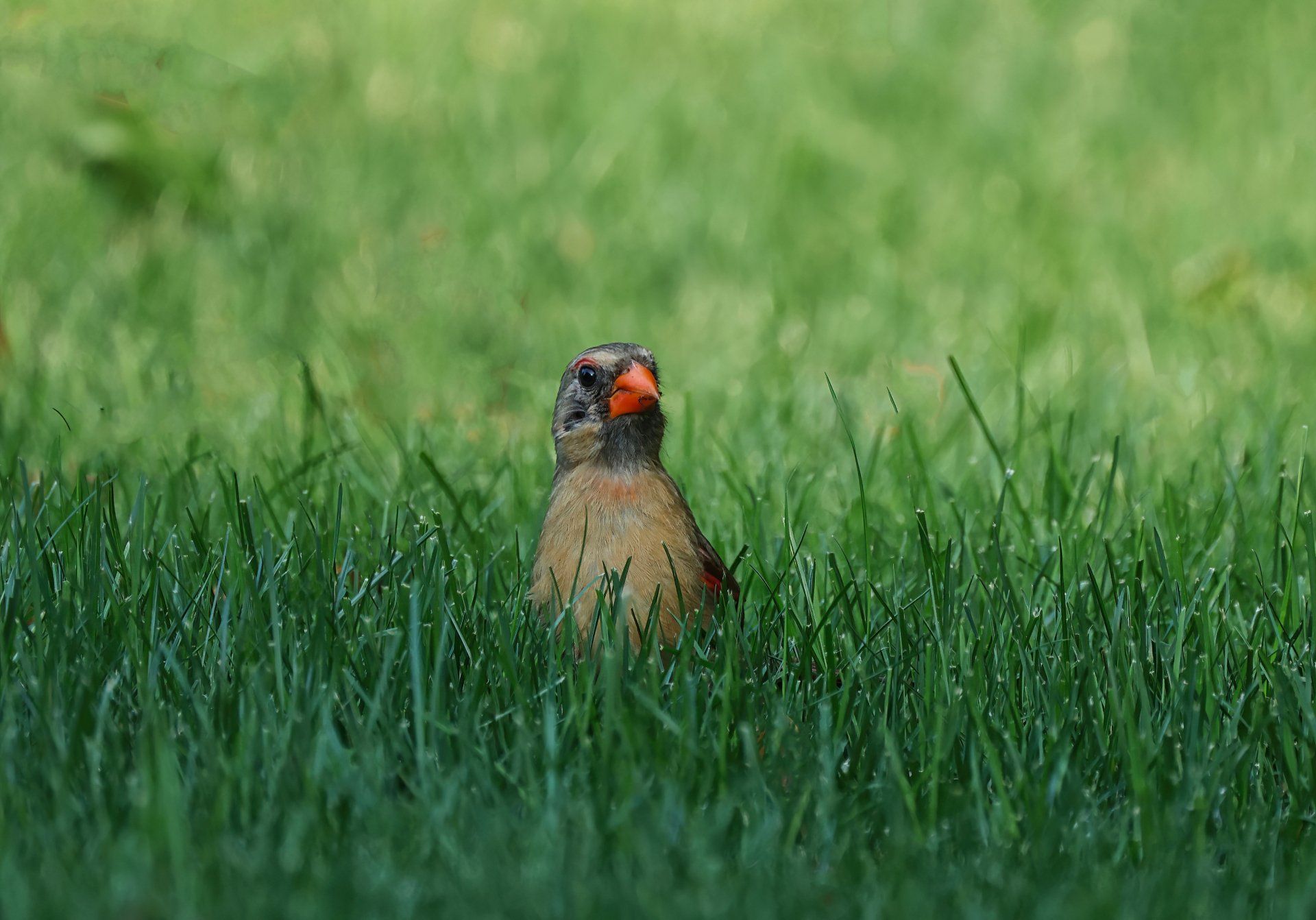How Long Should I Cut My Lawn?
How Long Should I Cut My Lawn?
At some point in our lives, we have all asked the question: "How much can I cut my grass without damaging it?" This answer is dependent on several factors, like the type of grass and the frequency with which you mow. Cool-season grasses should generally be cut 3 to 4 inches. Warm-season grasses should be cut between 2 and 2.5 inches. The taller heights protect your lawn's roots from the sun during the summer months. These are some facts that will help you to understand what your lawn needs in order to remain healthy and lush throughout the year.
Type and Height of Grass
Adjusting the height of your grass an inch or so every other day may not seem like a major problem, but depending on the type of grass, it can cause damage to your lawn's health. Different grasses need different things, so it's crucial to get to know your lawn first. Cool-season grasses are those grown in cooler climates. These include Kentucky bluegrass perennial ryegrass, creeping bentgrass, and tall fescue. They should be cut to a height of 4 inches to shade soil and keep roots cool during the hot summer months. Warm-season grasses, such as Bermuda, centipede, or zoysia in warmer regions should be kept at around 2 to 2.5 inches.
Don't Go too Low
Some people prefer to cut grass lower in order to not need to mow so often. Although it can seem appealing, cutting your grass too low could be detrimental to your lawn's health. Mowing your lawn too low not only puts stress on your grass but it can also decrease the density of your grass. This makes your lawn an attractive place for invasive and undesirable weeds. To grow, weeds such as crabgrass or foxtail require sunlight. Your lawn can become too short, and sunlight can reach the soil. This can encourage the growing weeds. A longer grass length means that weed seeds are not as easily attracted to your lawn. Not only does it keep weeds away, but it also helps prevent damage from the summer heat.
One Third Rule
No matter what grass type you have, you shouldn't remove more that one third of the height in one mowing. Why? It's easy to forget grass is a living thing and still experiences stress after it's cut. A stressed-out lawn can cause many problems. It is best to know the height that your lawn needs before you cut it. After that, let it grow one-third longer than the ideal height before you mow.
Mowing Frequency
Cutting grass too short can invite weeds to grow, drought damage, and heat damage. However, if your grass is too long, you can create a habitat for pests and mosquitoes. These are all factors that can affect how often your lawn should be mowed. Although it is common to follow a mowing routine that is based upon the weather and season, many people only need to mow once every five to seven days. How often you should mow your lawn will depend on how tall it is.
Professional Lawn Maintenance
A lush lawn can not only increase the property's value, but it also feels great! Although it can be tedious to keep your lawn lush and well-manicured, it's definitely worth the effort. We can help you determine the perfect height for your lawn. We have the expertise and experience to keep your grass green, vibrant, and healthy throughout the year. We offer outstanding residential lawn care and service; this includes mowing, fertilization, and many other services.
Ready to work with Landscaping Charm Experts Edmonton?
Let's connect! We’re here to help.
Send us a message and we’ll be in touch.
Or give us a call today at 587-600-0612
More Tips, Tricks & Tools











